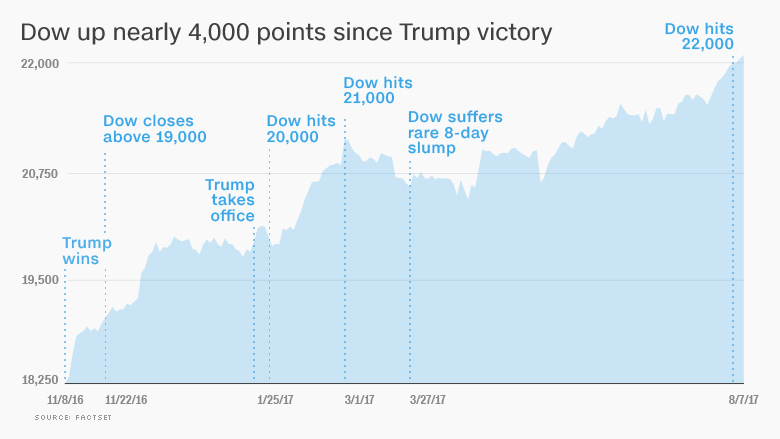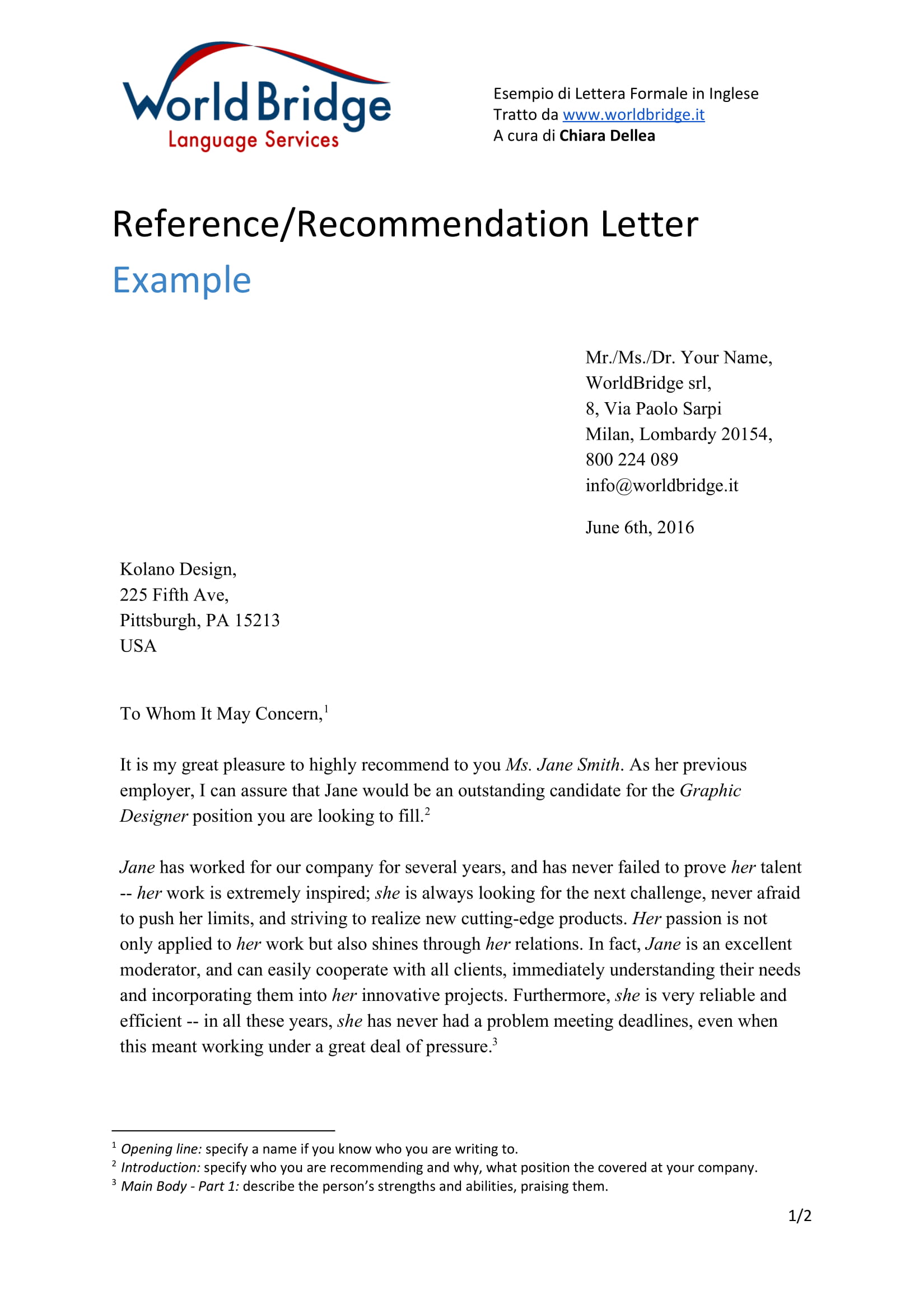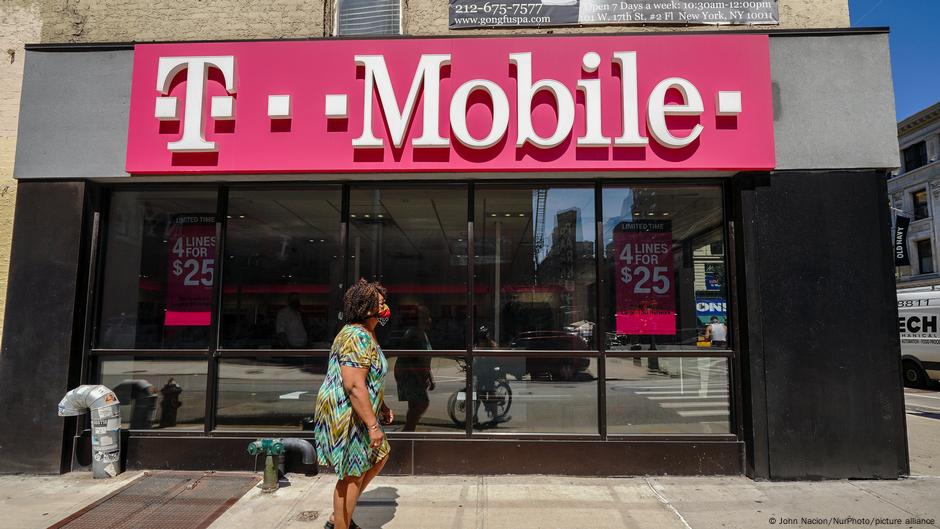Post-Roe America: How OTC Birth Control Reshapes Reproductive Healthcare

Table of Contents
Increased Accessibility and Affordability
The landmark decision of Roe v. Wade's overturning highlighted existing inequalities in access to reproductive healthcare. Many individuals, particularly those in marginalized communities, faced significant barriers to obtaining birth control even before the ruling. Increased access to OTC birth control presents a critical opportunity to address these persistent challenges.
Breaking Down Barriers to Access
Geographical limitations and socioeconomic factors have long restricted access to birth control for many Americans. Previously, obtaining prescription birth control often involved:
- Lack of transportation: Reaching clinics, especially in rural areas, can be difficult and expensive.
- Clinic scarcity: Many rural areas suffer from a shortage of healthcare providers offering reproductive services.
- High costs of prescription birth control: The price of prescription contraception can be prohibitive for low-income individuals, even with insurance.
- Insurance coverage limitations: Even with insurance, co-pays and deductibles can create financial barriers to accessing birth control.
OTC birth control removes many of these barriers. Individuals can purchase contraception at local pharmacies, regardless of their location, income, or insurance status. This increased convenience and accessibility are crucial for improving reproductive health outcomes, especially for those previously underserved.
The Economic Impact of OTC Birth Control
The widespread availability of OTC birth control offers significant financial benefits for both individuals and the healthcare system.
- Reduced healthcare costs associated with unintended pregnancies: Preventing unintended pregnancies through readily available contraception drastically reduces the costs associated with prenatal care, childbirth, and postnatal care.
- Decreased reliance on more expensive emergency contraception: OTC birth control provides a more affordable and accessible alternative to emergency contraception, which is often significantly more expensive.
- Increased affordability for low-income individuals: By eliminating prescription costs and insurance requirements, OTC birth control empowers low-income individuals to take control of their reproductive health.
Studies have shown a strong correlation between increased access to contraception and reduced rates of unintended pregnancies. This translates to substantial cost savings for individuals and reduced strain on the healthcare system. The long-term economic benefits of readily available OTC birth control are substantial and warrant further investment and research.
Empowering Individuals and Promoting Reproductive Autonomy
Access to birth control is not simply about preventing pregnancy; it's about empowering individuals to make informed decisions about their bodies and their futures. OTC birth control plays a vital role in this process.
Enhanced Control over Reproductive Choices
Easy access to OTC birth control offers individuals greater control over their reproductive lives. This translates to:
- Increased ability to plan pregnancies: Individuals can proactively manage their reproductive health and plan pregnancies according to their life goals.
- Reduced risk of unintended pregnancies: Reliable contraception reduces the incidence of unintended pregnancies, which can have significant physical, emotional, and financial consequences.
- Greater control over reproductive health: Having control over one's reproductive health is fundamental to overall well-being and autonomy.
The psychological and emotional benefits of having readily available and affordable birth control cannot be overstated. It allows for greater peace of mind and enables individuals to focus on other aspects of their lives, knowing that they have control over their reproductive health. Many women's health advocates emphasize the importance of reproductive autonomy as a cornerstone of gender equality and overall well-being.
Addressing Health Disparities
Wider access to OTC birth control has the potential to significantly mitigate health disparities based on race, ethnicity, and socioeconomic status. This improved access could lead to:
- Improved access for marginalized communities: Communities that have historically faced barriers to healthcare can benefit significantly from the increased convenience and affordability of OTC birth control.
- Reduction in unintended pregnancies among vulnerable populations: This can lead to improved health outcomes for both parents and children.
- Promoting health equity: By removing financial and geographical barriers, OTC birth control contributes to a more equitable healthcare system.
However, ensuring equitable access requires addressing potential challenges. Efforts are needed to ensure that information about OTC birth control is accessible in multiple languages and culturally sensitive formats, and that pharmacies in underserved communities are adequately stocked.
Challenges and Considerations Regarding OTC Birth Control
While the increased availability of OTC birth control offers numerous benefits, it's essential to address potential challenges and considerations.
Potential Misinformation and Misuse
Concerns exist regarding the potential for misinformation and misuse of OTC birth control. It's crucial to:
- Emphasize accurate information and education: Comprehensive education about proper use, effectiveness, and potential side effects is crucial.
- Ensure clear labeling and instructions: Clear, concise, and easily understandable labeling is essential to minimize misuse.
- Address potential misuse leading to reduced effectiveness: Public health campaigns should emphasize the importance of following instructions carefully.
Initiatives that increase access to reliable information and education are critical. Healthcare providers play a vital role in educating patients and answering their questions.
Regulatory Considerations and Oversight
Appropriate regulation and oversight are necessary to ensure the safety and effectiveness of OTC birth control. This includes:
- Ensuring product safety and quality: Rigorous testing and quality control measures are essential.
- Monitoring adverse effects: A robust system for monitoring and responding to adverse effects is vital.
- Preventing the sale of counterfeit products: Measures are needed to prevent the distribution of counterfeit or substandard products.
Regulatory bodies like the FDA play a crucial role in overseeing the safety and effectiveness of OTC birth control options. Continued vigilance and investment in regulatory processes are paramount to ensuring public health.
Conclusion
The shift towards greater availability of OTC birth control presents a significant opportunity to reshape reproductive healthcare in Post-Roe America. While challenges remain, increased accessibility and affordability of OTC birth control options can empower individuals to make informed decisions, improve reproductive health outcomes, and contribute to reducing health disparities. By ensuring access to accurate information, providing comprehensive education, and maintaining rigorous regulatory oversight, we can harness the potential of OTC birth control to build a more equitable and empowering future for reproductive healthcare. Let's continue the conversation about expanding access to OTC birth control and strengthening reproductive healthcare in Post-Roe America.

Featured Posts
-
 The Rise Of Chinese Automakers Are They Poised For Global Success
Apr 26, 2025
The Rise Of Chinese Automakers Are They Poised For Global Success
Apr 26, 2025 -
 The 2700 Mile Divide Examining The Impact Of Trumps Policies On Rural Education
Apr 26, 2025
The 2700 Mile Divide Examining The Impact Of Trumps Policies On Rural Education
Apr 26, 2025 -
 Growth Challenges In China A Look At Bmw Porsche And The Competitive Landscape
Apr 26, 2025
Growth Challenges In China A Look At Bmw Porsche And The Competitive Landscape
Apr 26, 2025 -
 Re Hired After Layoff Navigating A Return To Your Former Employer
Apr 26, 2025
Re Hired After Layoff Navigating A Return To Your Former Employer
Apr 26, 2025 -
 Three Years Of Data Breaches Cost T Mobile 16 Million
Apr 26, 2025
Three Years Of Data Breaches Cost T Mobile 16 Million
Apr 26, 2025
